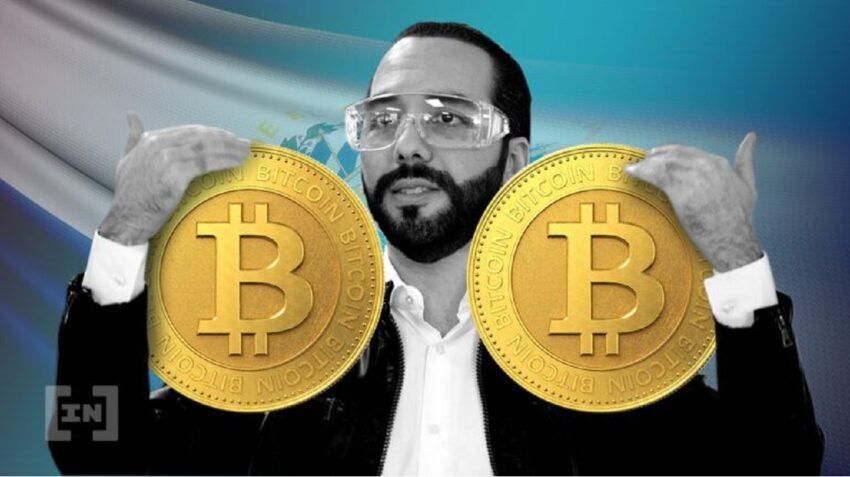Hero at home, villain abroad. El Salvador`s bitcoin maverick president Nayib Bukele took perhaps one of the bravest decisions in modern economics: adopting the divisive crypto asset as legal tender.
Although the decision has been interpreted as progressive in the cryptocurrency world, the merits are yet to reflect on the country`s balance sheet.
Mounting bitcoin losses
Bukele wanted to build Bitcoin City, a tax-free haven running entirely on bitcoin. Both the new city and his regular BTC purchases were a statement of intent. The idea still exists, though very little has happened in the city’s construction.
A planned $1 billion bitcoin bond to finance energy and mining infrastructure has stalled. The bond, also aimed at buying even more bitcoin, was announced in November and initially scheduled for March.
According to Nayib Tracker, a website that tracks the president’s bitcoin buys, El Salvador is 57% down on its bitcoin bet. Since Sept. 2021, when Bukele started his bitcoin purchases, the country has acquired 2,381 BTC, at an average price of $45,000.
That’s a total of $107.2 million, but the portfolio is currently worth just $46.27 million. The purchases have not yet justified the decision by Nayib Bukele to go against warnings by the International Monetary Fund (IMF).
In January, the IMF wrote that “there are large risks associated with the use of bitcoin on financial stability, financial integrity, and consumer protection, as well as the associated fiscal contingent liabilities.”
Down but not out
Despite the warnings, Bukele insisted that he is taking his country on the right path. In other respects, like tourism, he has not fared as badly.
El Salvador`s tourism receipts are among the best in the post-pandemic era. According to the country’s Tourism Ministry, tourism spending has increased by 81% since the decline of the coronavirus.
World Bank statistics show that international tourist arrivals grew from 707,000 in 2020 to more than 1.2 million this year.
Despite the growth, rating agencies are convinced the country`s risk profile will deteriorate further if it continues down the cryptocurrency path.
On Sept. 15, Fitch Ratings downgraded El Salvador to CC from CCC, saying the country will likely default on foreign bond payments due early next year. The latest rating is nine times below BBB, which is the minimum rating needed to be able to qualify for investment-grade ratings.
“El Salvador’s tight fiscal and external liquidity positions and extremely constrained market access amid high fiscal financing needs and a large USD800 million external bond maturity in January 2023 make default of some sort probable,” the rating company said in a report.
Moody’s, another rating company, blamed the potential default on bitcoin adoption. It said in January “policy differences related to the government’s embrace of bitcoin had lowered the probability” of the IMF extending a $1.3 billion loan to El Salvador.
President Bukele hoped to use that money to pay the upcoming bond maturity. El Salvador has been negotiating for a deal with the IMF since March 2021.
Bukele seeks second term
Despite the global misgivings over his leadership style and economic decisions, 40-year-old Bukele remains highly popular in the Central American country.
Ever since taking office on Jun. 1, 2019, Bukele`s popularity has not gone below 75%. A recent public rating survey done by Cid Gallup showed that his ratings are going up and they currently stand at 86%, making him the most popular president in Latin America.
Bukele has expressed the intention of running for a second term as the country`s president, after his current term, which runs out in 2024.
He hopes that public sentiment remains on his side and that at some point, the bitcoin market stops the downward spiral and picks up.
For Be[In]Crypto’s latest Bitcoin (BTC) analysis, click here.
Disclaimer
In adherence to the Trust Project guidelines, BeInCrypto is committed to unbiased, transparent reporting. This news article aims to provide accurate, timely information. However, readers are advised to verify facts independently and consult with a professional before making any decisions based on this content. Please note that our Terms and Conditions, Privacy Policy, and Disclaimers have been updated.

